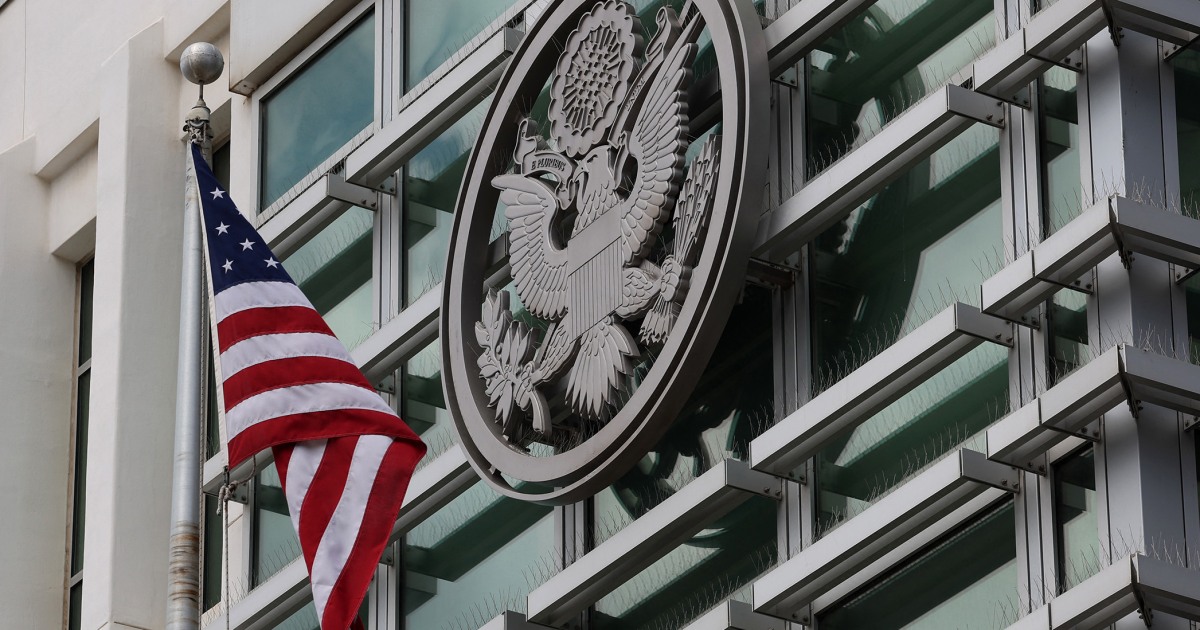India Conducts Targeted Strikes on Terror Bases in Pakistan Following Deadly Attack

In the early hours of Wednesday, India’s armed forces executed a series of missile attacks on nine identified terror targets located in Pakistan and the Pakistan-Occupied region of Jammu and Kashmir. This assertive military action took place at approximately 1:44 AM and specifically targeted regions such as Muridke and Bahawalpur, which are known strongholds of notorious terror organizations including Lashkar-e-Taiba and Jaish-e-Mohammed.
The strikes were a direct response to a tragic terror attack that occurred in Pahalgam, situated in the Anantnag district of Jammu and Kashmir, on April 22. This horrifying incident resulted in the loss of 26 lives, comprising 25 Indian citizens and one Nepali national, igniting outrage and calls for decisive action from the Indian government.
In a statement released to the media, the Ministry of Defence confirmed that the military operation was successful in disabling terrorist infrastructure in both Pakistan and the Pakistan-occupied areas of Jammu and Kashmir. These locations have reportedly been the epicenters from where various terrorist attacks against India have been orchestrated and directed.
The Defence Ministry emphasized that India's military actions were both “focused” and “measured,” asserting that they did not aim to escalate tensions further. Importantly, they clarified that no facilities belonging to the Pakistani military were targeted during these strikes. “India has demonstrated considerable restraint in the selection of targets and the method of execution,” the statement read, underscoring the careful planning that went into the operation.
Moreover, the Ministry of Defence reiterated India’s commitment to ensuring accountability for those behind the Pahalgam attack. The strikes were not just a punitive measure, but a signal of determination to hold the perpetrators responsible for their actions.
This military operation coincided with a planned nationwide security drill, intended to enhance civil defense capabilities in the event of a hostile attack. Conducted across 244 districts, this drill illustrates the government's proactive approach to national security.
Indian Prime Minister Narendra Modi has publicly pledged to pursue the attackers and their conspirators “to the ends of the earth,” vowing that they would face consequences beyond their imagination. His strong response is part of a broader strategy to ensure national security and deter future terrorist activities.
As tensions continue to simmer between India and Pakistan, these developments are significant. The world watches closely as India navigates the delicate balance between striking back against terrorism and maintaining regional stability.

























